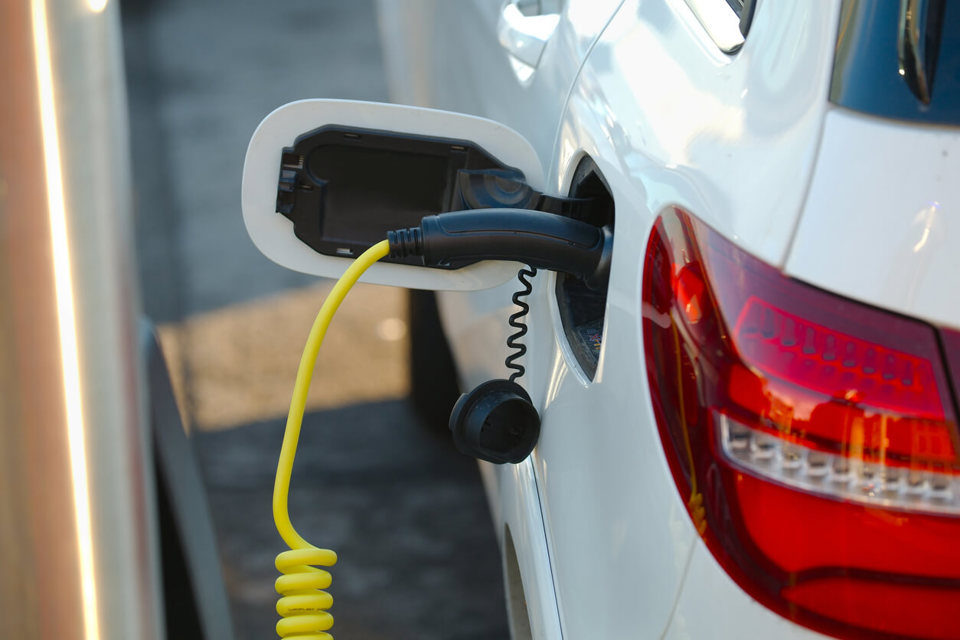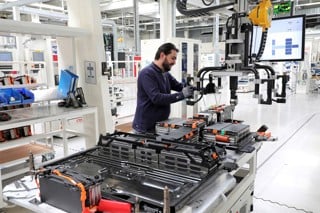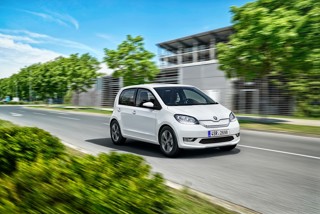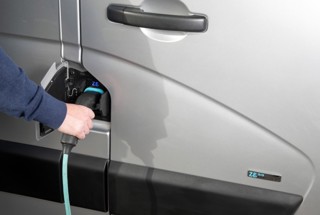A Government survey shows almost half of drivers (48%) are likely to opt for an ultra-low emission vehicle (ULEV) to replace their current car.
The new data, from the Department for Transport’s National Travel Attitudes Study, also shows that there is growing support for the notion that drivers of low-CO2 vehicles should pay less tax. Almost one in eight (77%) agreed, up from 66% in 2018.
An ultra-low emission vehicle (ULEV) is described by the auto industry’s UK trade body, the Society of Motor Manufacturers and Traders (SMMT), as a vehicle that uses low carbon technologies, emits less than 75g of CO2/km from the tailpipe and is capable of operating in zero tailpipe emission mode for a range of at least 10 miles.
The survey results come in the wake of poor registrations for the ULEV market, however. SMMT registration figures for April showed that the alternative fuel vehicle (AFV) market rose by 12.7%, but zero emission-capable plug-in hybrids fell by 34%.
Zero emission-capable plug-in hybrids have experienced a significant decline, down by a fifth (20.4%) year-to-date.
SMMT says this is evidence of the consequences of prematurely removing upfront purchase incentives before the market is ready.
Furthermore, there were problems with vehicle availability after some manufacturers struggled to get hybrids retested under the new emissions testing regime – the Worldwide Harmonised Light Vehicle Test Procedure (WLTP) – introduced on all new cars from September 2018.
The SMMT says that manufacturers are investing heavily to bring ultra-low and zero emission cars to market, with some 40 plug-in models now available in showrooms, and over 20 more expected to arrive in 2019.
The huge support for ULEVs shown in this new Government survey also comes after research from Close Brothers Motor Finance found two in five drivers (39%) were considering an electric vehicle (EV) as their next car.
The company’s Britain Under the Bonnet report found that data from dealers, drivers and online trends suggested a surge in interest in the vehicles over the past two years: in 2017, 15% of respondents told Close Brothers they were considering an EV as their next vehicle.
Willingness to reduce car and plane use
The National Travel Attitudes Study also shows a willingness to reduce car and plane use to reduce climate change.
More respondents felt willing to reduce the amount they use a car in order to reduce the impact of climate change, than those who were willing to reduce plane usage, some one in four (23%) of respondents however, say that they never fly.
Meanwhile, more than half (54%) of respondents agree that people should be able to travel by plane as much as they like, compared to 16% who disagree.
Interestingly, opinions shifted when presented with a trade-off. In general, respondents were less likely to agree if new runways or terminals were required, compared to the potential damage of to the environment.























Login to comment
Comments
No comments have been made yet.